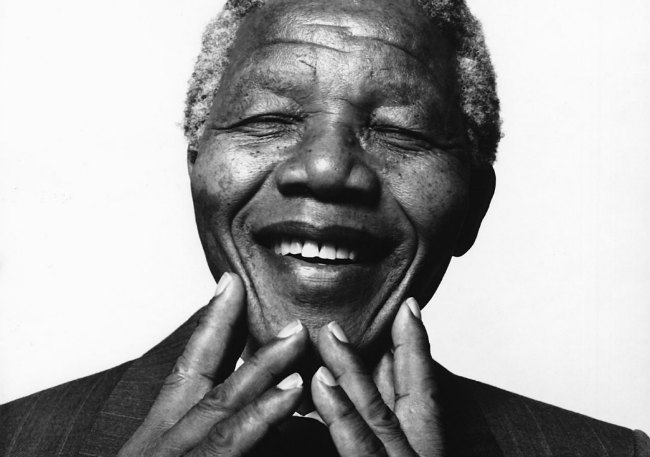 The passing of Nelson Mandela leaves a waning number of global figures representing freedom and resilience against oppression – and a changing world that makes it harder for anyone to approach Mandela’s iconic power.
The passing of Nelson Mandela leaves a waning number of global figures representing freedom and resilience against oppression – and a changing world that makes it harder for anyone to approach Mandela’s iconic power.
There are a few whose trials have made them symbols of freedom, including the former political prisoner Aung San Suu Kyi of Myanmar, the Dalai Lama and, more recently, Malala Yousafzai, the Pakistani schoolgirl turned women’s rights activist .
But Mandela, the black revolutionary who emerged from 27 years in prison to embrace his white oppressors and lead a new South Africa, may be one of the last of a breed for all sorts of reasons – including the circumstances of his heroism, his extraordinary success and the onset of an age when heroes’ foibles are often exposed.
“He lived and worked in a context and historical period where his extraordinary individual qualities could help make change in his country and ripple throughout the world,” said Daniel Calengaret, executive vice president of Freedom House, a watchdog group working to expand freedom around the world.
“It’s hard to think of someone who was both an iconic dissident figure and was actually central to building a new system,” Calengaret said.
Mandela is often mentioned in the same breath as Mahatma Gandhi and Martin Luther King Jr., who also changed nations through nonviolence. Yet Gandhi and King were killed before their dreams were realized.
“In a sense Mandela’s greatest achievements were as president,” Calengaret said. “He was on top, he could do anything he wanted, and he chose to push for reconciliation and inclusiveness.”
Mandela’s rise might have been complicated if it happened during the Internet age. Mandela had his share of flaws, including infidelity and a past embrace of violence, but they were overlooked. The volume and speed of the information traveling around the world today makes it impossible for a leader to climb without his or her every weakness being magnified.
Roger Levine, who grew up in South Africa and now teaches courses on it as a history professor at the Sewanee: The University of the South, said Mandela became such a potent symbol because he experienced all the tribulations of South Africa itself. But the world no longer builds up politicians as the very embodiments of their nations’ struggles, he said.
Mandela was a product of a Cold War world: good vs. evil, us vs. them, black vs. white. “Now,” Levine said, “it’s a whole lot harder to say who is the us and who is the them.”
